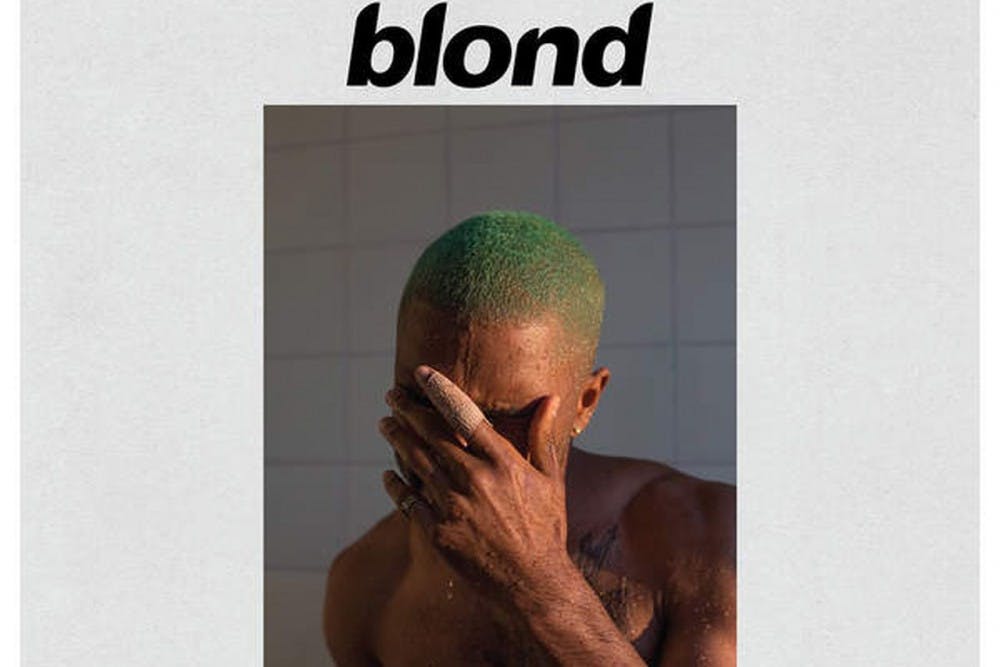We all knew a new Frank Ocean album was coming, we just didn’t know when.
By the looks of it, Frank Ocean himself didn’t know when either. He didn’t release his album on Friday, Aug. 5, after The New York Times published an article anticipating “Boys Don’t Cry” would be on Apple Music that day. Not only did Ocean wait until Aug. 19 to release music, leaving fans desperate since he released his previous album, "Channel Orange," on July 10, 2012 — he also released a visual album, “Endless”, a day before “Blonde” itself became available.
The four years that Frank Ocean took to perfect his music and maintain its sanctity is proven through his release of a visual album, his second album, a music video for “Nikes,” and an art magazine (CD included) that was only available in pop up shops in four different cities.
The release of “Blonde” as well as the other content Ocean has produced mirrors the complexity and intrigue of the music itself. The album title, spelt "Blonde" in writing but stylized as "Blond" on the album art, expresses the gender binary to which he doesn’t conform to, and sets the foreground for an album about self expression and sensuality. Ocean uses his voice to speak out about violence, judgement, and the materialistic, wealth-obsessed world that he lives in with us.
The music video for “Nikes,” while explicit, offers a glimpse of what the entire album is like. Tasteful sensuality is mixed with images that show Ocean wearing a signature outfit, including black Nike Decades, famously worn by the cult Heaven’s Gate at the time of their collective group suicide.His addition of another voice in the video version of the song alludes to the multiple tensions and conflict in society and serves as a perfect example of how his artistry combines truth and meaning with music.
One of his most notable lines from the album, “RIP Trayvon, that nigga look just like me,” in “Nikes” proves that Ocean is courageous in tackling any subject, regardless of its sensitivity, in his music. Parallels exist between Blonde and albums released by Chance the Rapper and Kanye West this year, "Coloring Book" and "Life of Pablo" respectively, which all delve deeply into emotion and gospel youth at a time when people have to prove that their lives matter.
Ocean uses subtlety and layers within his beats and his lyrics to tell a story about his own life as a bisexual black artist as well. He maintains hints of the same poetic, R&B style that made "Channel Orange" what it is, but mainly uses computerized sounds and gradual beats that place “Blonde” alongside other urban pop albums more so than soul.
Ocean, a prominent voice amongst these modern day heroes, collaborates on the track "Solo (Reprise)" with Andre 3000, member of OutKast and famous himself for speaking out against continued racism and injustice in the United States. One line in the song regrettably focuses on current events as Andre says, “When I hear that another kid is shot by the popo it ain’t an event / No more”.




